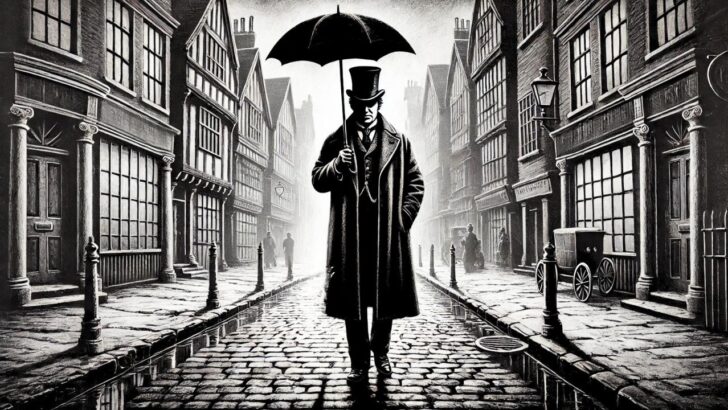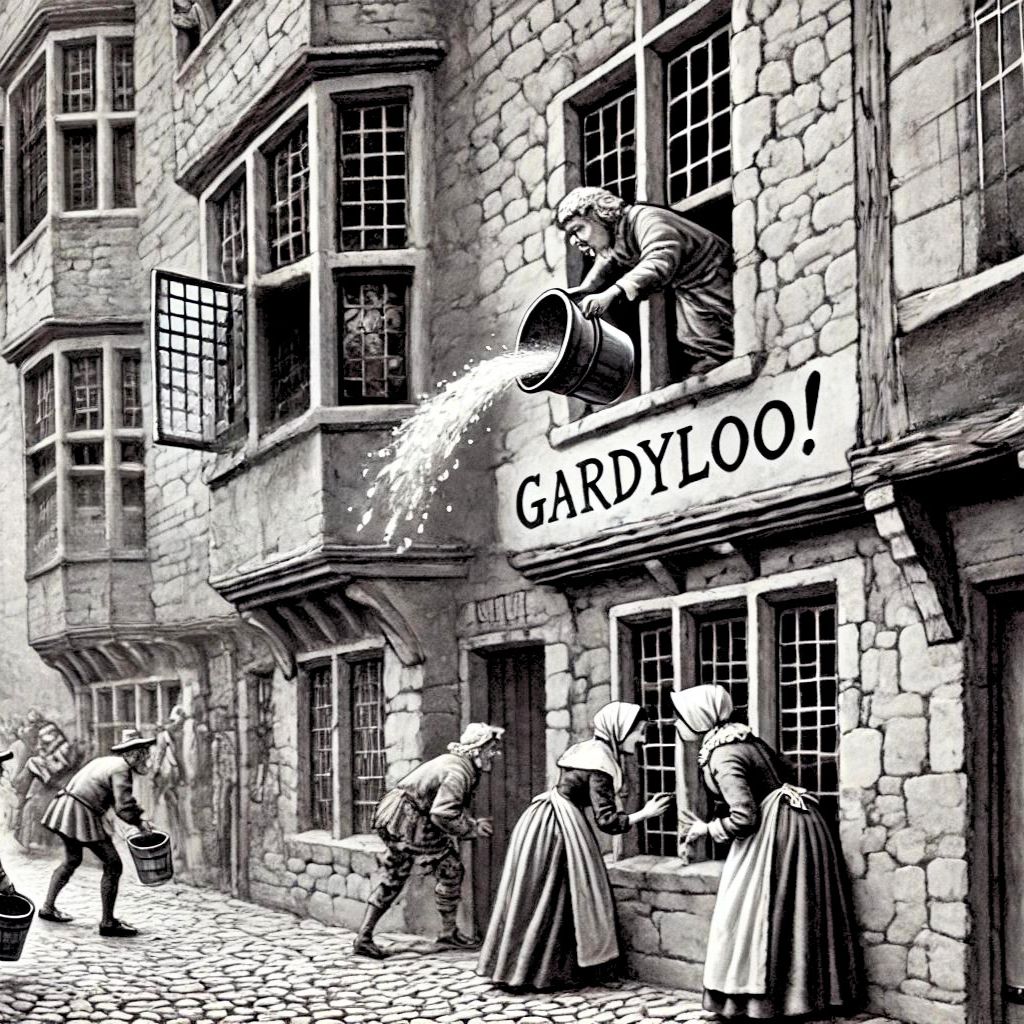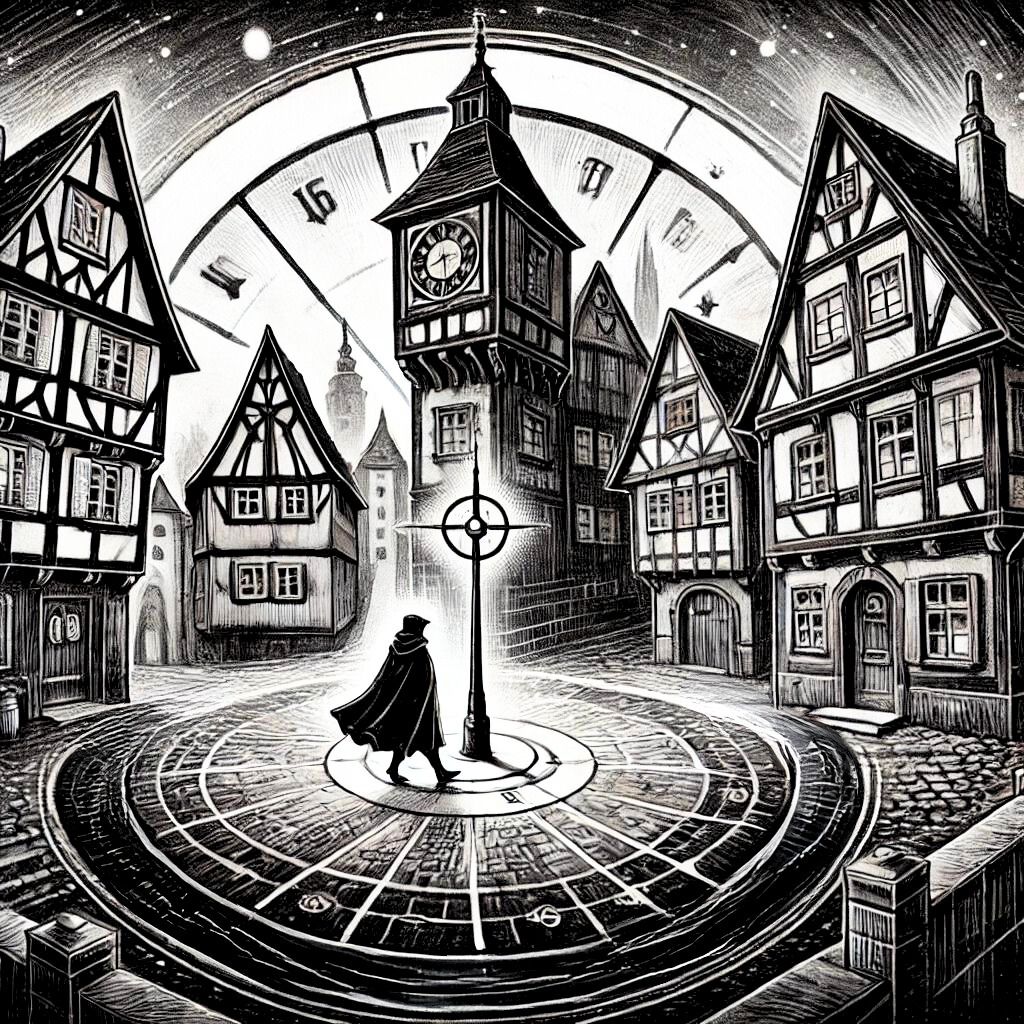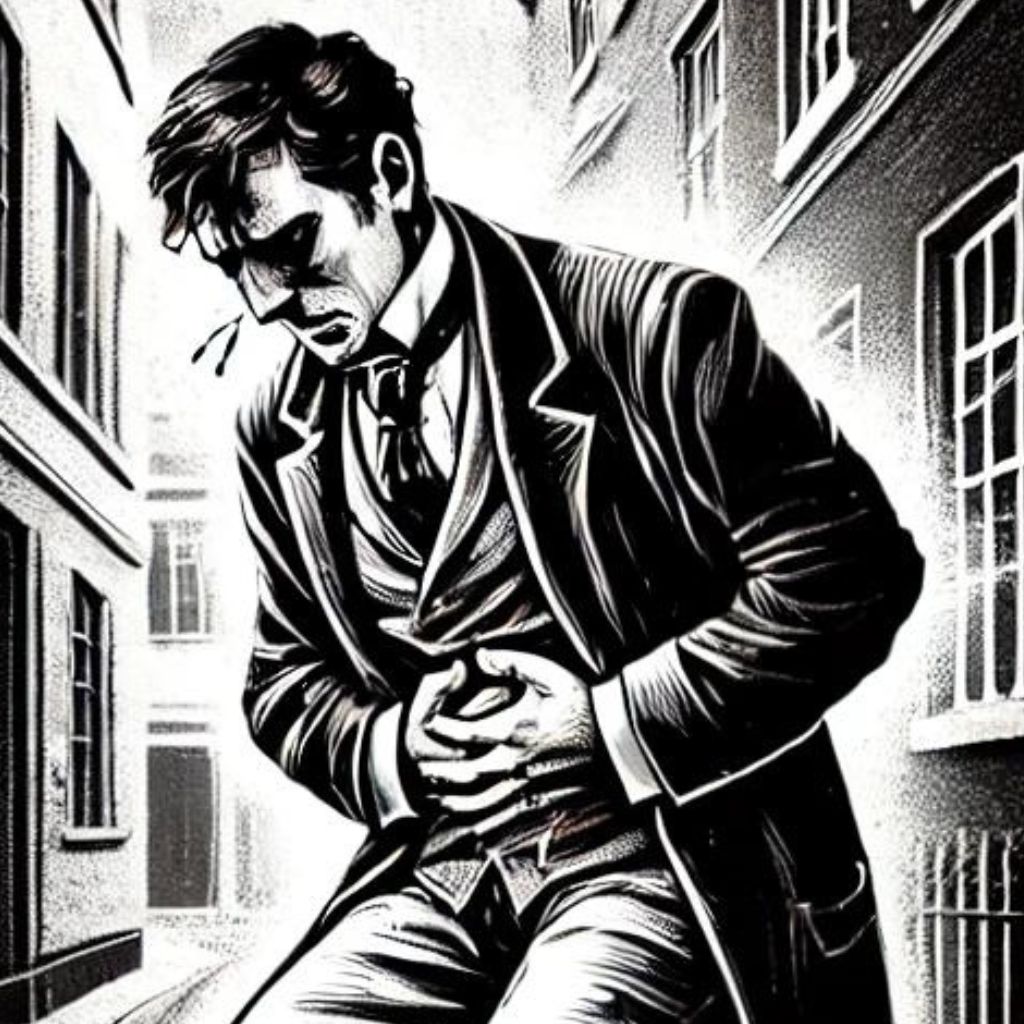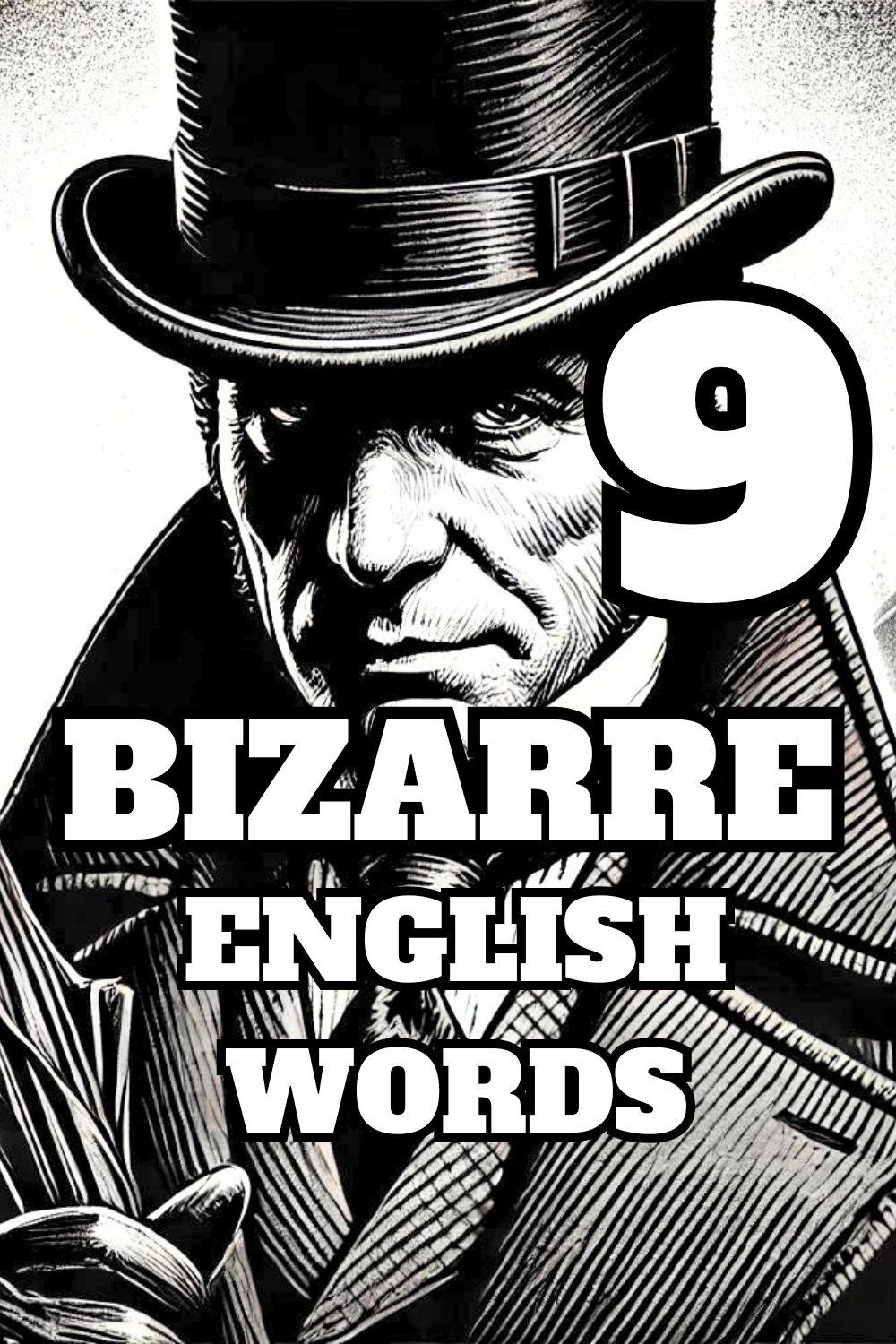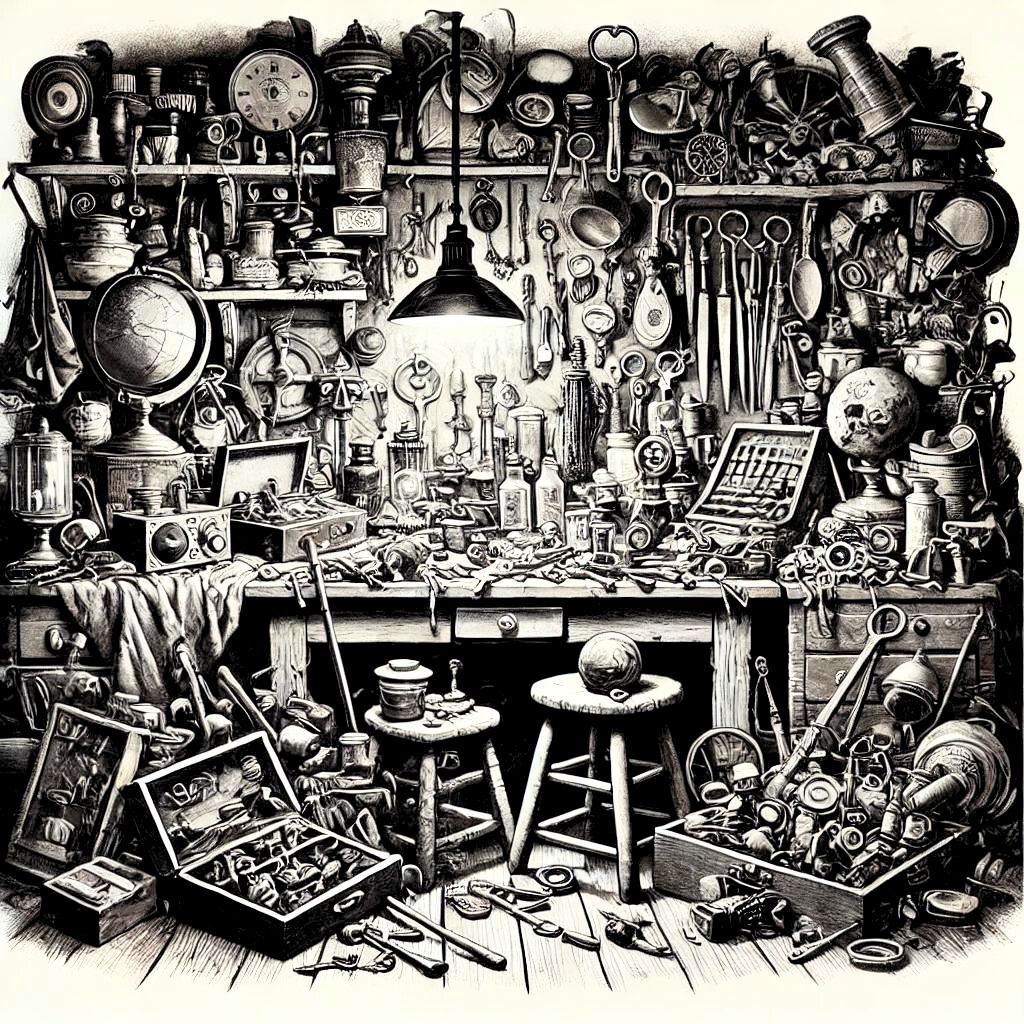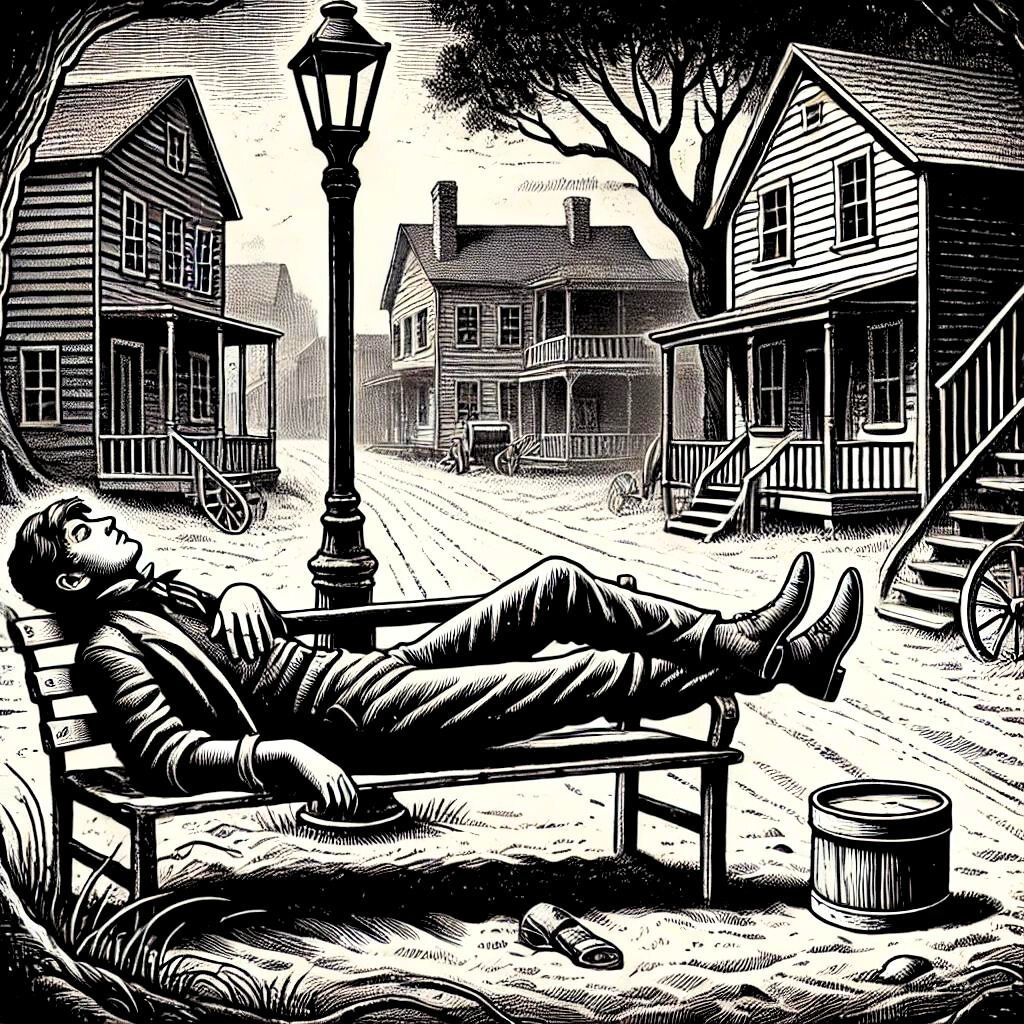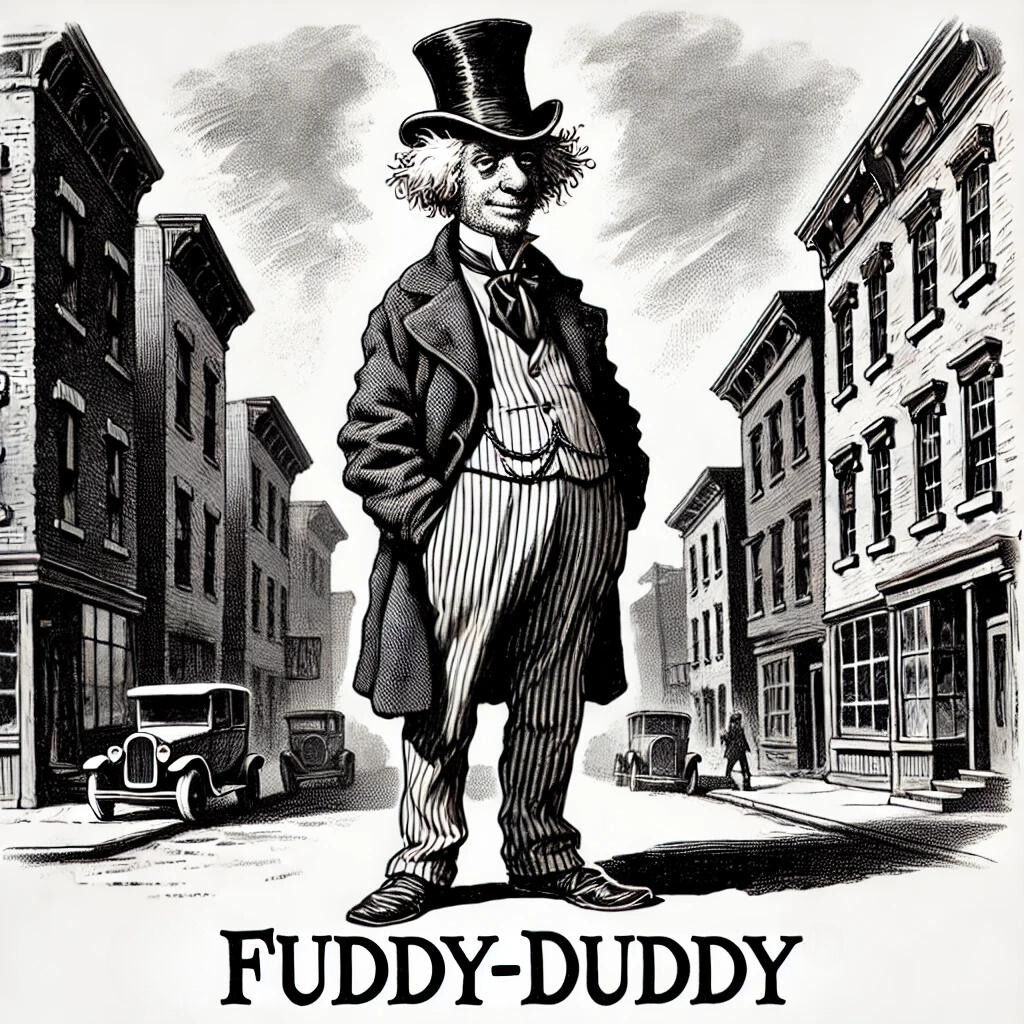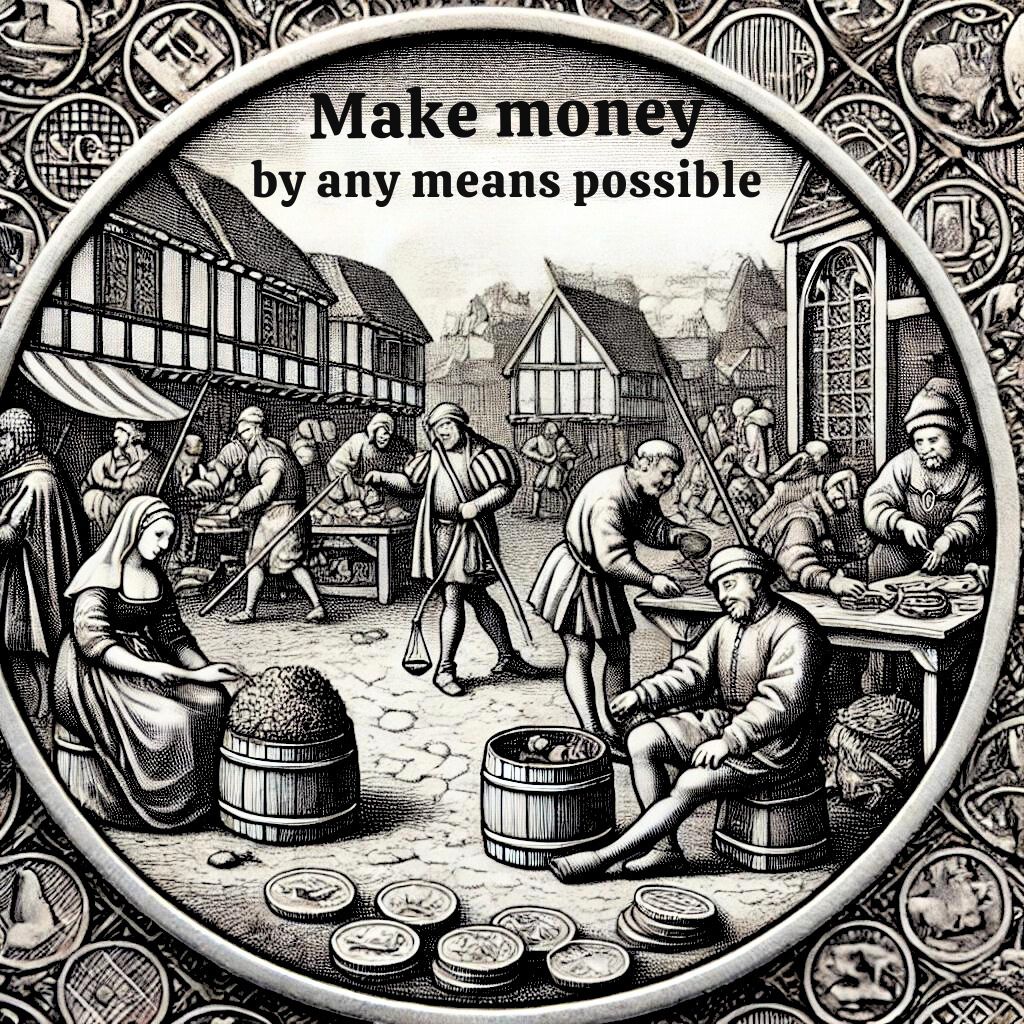English is a wonderfully weird language, filled with words that can make you scratch your head and laugh simultaneously. From the every day to the utterly bizarre, some words are so strange they sound like they’ve jumped straight out of a whimsical fairy tale. Explore and discover the unexpected corners of the English lexicon as we explore nine bizarre words you won’t believe exist. Prepare to be entertained, puzzled, and maybe even inspired to use these fun words in your next conversation!
1. Gardyloo
Let’s kick things off with a word straight from the annals of history. “Gardyloo” was a warning cry used in medieval Britain when chamber pots were emptied out of windows onto the streets below. The term is a corruption of the French phrase “gare à l’eau,” which means “watch out for the water!” It’s a vivid reminder of the less sanitary days of yore when simply walking down the street could be hazardous to your health. While this word has thankfully fallen out of everyday use (along with the practice it described), it remains a fascinating snippet of linguistic history.
2. Snollygoster
Our next word is “snollygoster,” a term that sounds as strange as its meaning. A snollygoster is a shrewd, unprincipled person, particularly a politician. This colorful word emerged in the United States in the mid-19th century, though its exact origins are somewhat murky. Some believe it might be derived from the German word “schnell,” meaning quick or cunning, combined with “geist,” meaning spirit or ghost. Others think it might be a purely American invention, reflecting the playful creativity of the time.
Despite its uncertain roots, “snollygoster” captures the essence of a cunning, scheming individual, often used to describe someone who will do anything to achieve their goals, especially in politics. It’s a perfect example of how language can evolve to express the nuances of human behavior.
3. Widdershins
Next up is the whimsical word “widdershins,” which means to move counterclockwise or in a direction contrary to the usual. This term dates back to the 16th century and has roots in Old High German. The word combines “widar,” meaning “against,” and “sinnen,” meaning “to travel” or “to go.” In Scottish folklore and witchcraft, moving widdershins was often associated with bad luck or sinister forces, as it went against the natural, sun-wise (clockwise) direction.
“Widdershins” adds a touch of enchantment and old-world charm to the idea of moving against the norm. It’s a delightful reminder of how language can reflect cultural beliefs and superstitions, capturing the imagination with its mystical connotations.
4. Collywobbles
Our next delightful word is “collywobbles,” which is a charming way to describe a stomachache or a feeling of anxiety. This term dates back to the 19th century and is believed to blend the words “colic,” referring to abdominal pain, and “wobble,” suggesting unsteadiness or unease.
The etymology of “collywobbles” also has a whimsical twist. Some linguists propose that it may be influenced by the word “choler,” an old medical term referring to one of the four bodily humors believed to cause irritability and anxiety. The playful sound of “collywobbles” perfectly captures the uneasy fluttering sensation one feels in their stomach when nervous or unwell.
Next time you have butterflies in your stomach, remember the endearing term “collywobbles” and its charming history.
5. Bumbershoot
Up next is “bumbershoot,” a funny and old-fashioned term for an umbrella. This whimsical word is thought to be a playful blend of “bumber” (an imitation of the sound of raindrops) and “shoot” (an archaic term for something that projects or springs up).
“Bumbershoot” first appeared in the late 19th century and quickly became a beloved, if somewhat whimsical, synonym for umbrella in American English. The word reflects the era’s penchant for creating fanciful terms that evoke a sense of fun and imagination.
Despite falling out of common usage, “bumbershoot” remains a delightful reminder of when language was often infused with creativity and humor.
6. Gubbins
Our next curious term is “gubbins,” which refers to miscellaneous bits and pieces or gadgetry. This mysterious word has a rather mysterious origin, but it is believed to come from the Middle English “gobbon,” meaning a small piece or portion.
In the 16th century, “gubbins” was used to describe scraps or fragments, often of food. Over time, its meaning expanded to include any assortment of odds and ends, especially those with no particular use or value.
“Gubbins” embodies the playful and adaptable nature of English, transforming from a term for food scraps to one for any collection of miscellaneous items. It’s a delightful word to describe the random bits and pieces we all have lying around.
7. Lollygag
Our next word is the delightfully playful “lollygag,” which means to dawdle or waste time in a lazy, carefree manner. This term has been around since the mid-19th century and is thought to have originated in American English.
The exact etymology of “lollygag” is uncertain, but it might be a combination of “loll,” meaning to lounge or recline indolently, and “gag,” which at the time could refer to amusing oneself or engaging in playful activity. Together, these roots create a term that perfectly captures the leisurely and indulgent act of idling away time.
8. Fuddy-duddy
Our next delightful word is “fuddy-duddy,” a playful term for someone who is old-fashioned, fussy, or overly conservative. The origins of “fuddy-duddy” are a bit hazy, but it is believed to have emerged in American English in the early 20th century.
The word likely combines “fuddy,” an old slang term for someone who is fussy or overly particular, with “duddy,” a term used to describe someone wearing shabby or unfashionable clothes. Together, they create a whimsical term that conjures up an image of someone set in their ways and resistant to change.
“Fuddy-duddy” expresses a sense of gentle teasing rather than harsh criticism, making it a charming and endearing way to describe someone who might be stuck in the past.
9. Quomodocunquizing
Our final word is the tongue-twisting “quomodocunquizing,” which means making money by any means possible. This incredibly obscure term dates back to the 17th century and was coined by the English satirist Thomas Nashe.
The word “quomodocunquizing” is derived from the Latin phrase “quomodocunque,” which translates to “in whatever way.” Combined with the English suffix “-izing,” it creates a term that vividly describes the relentless pursuit of wealth by any means necessary.
Though rarely used today, “quomodocunquizing” captures the lengths some individuals will go to achieve financial success. It’s a perfect example of English’s elaborate and inventive nature during the Renaissance period.

Hey fellow Linguaholics! It’s me, Marcel. I am the proud owner of linguaholic.com. Languages have always been my passion and I have studied Linguistics, Computational Linguistics and Sinology at the University of Zurich. It is my utmost pleasure to share with all of you guys what I know about languages and linguistics in general.

